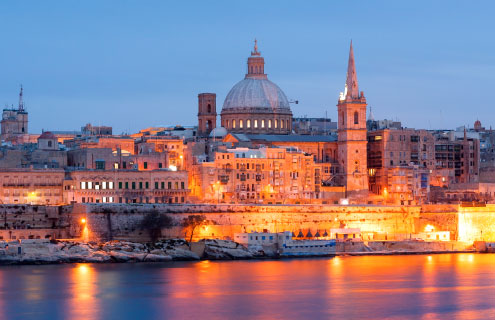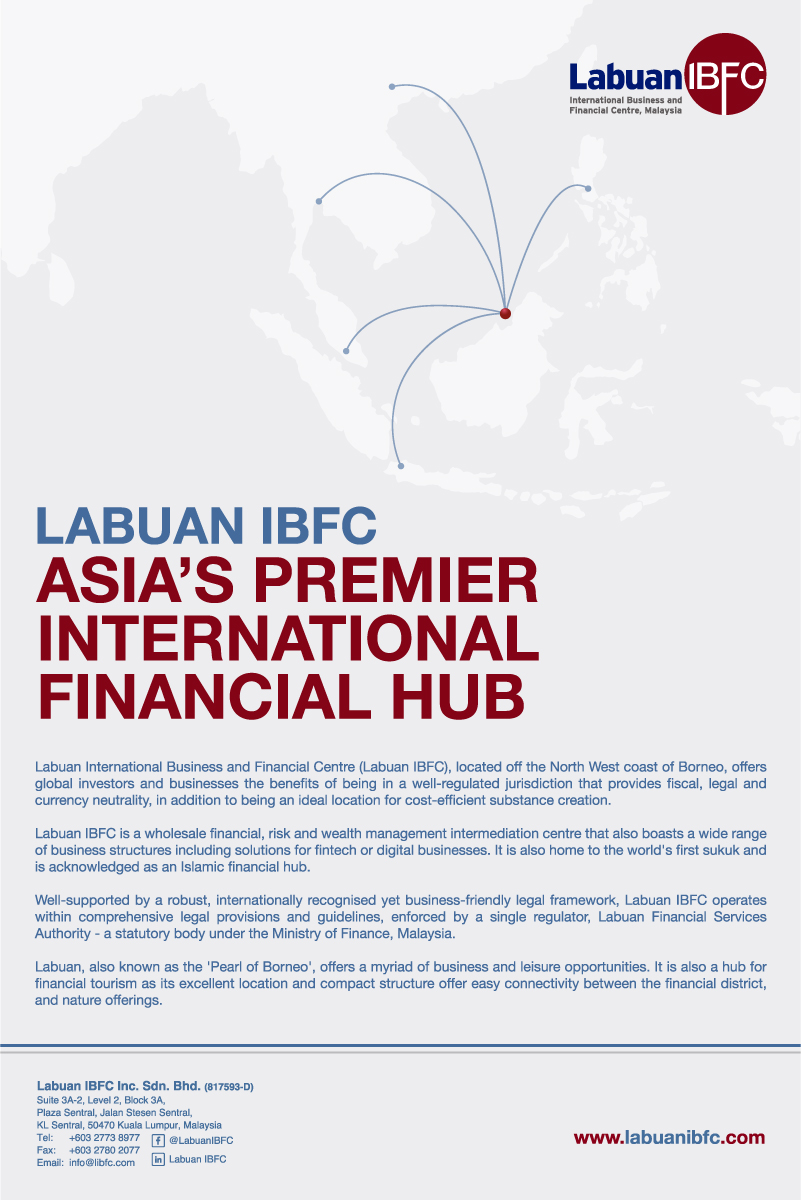PKF is supporting Finance Malta in its quest to promote Malta, by organising a conference on 29 March 2016 that will focus on what Malta can offer to US captives seeking to tap into their European risks. It will showcase benefits of setting up in Malta as the domicile of choice...
PKF is supporting Finance Malta in its quest to promote Malta, by organising a conference on 29 March 2016 that will focus on what Malta can offer to US captives seeking to tap into their European risks. It will showcase benefits of setting up in Malta as the domicile of choice.
Finance Malta, as a private/public partnership, is geared toward promoting the sector, mindful that it faces tough competition fielded by established jurisdictions. Yet it succeeds in attracting international companies seeking an alternative to the traditional, tried and tested European jurisdictions such as Dublin.
The conference venue is the prestigious Bar Association building located at 42 West 44th Street in New York.
One may well ask, with so much competition, what Malta can offer in this sector that sets it apart from other centres such as the Isle of Man, Channel Islands and Gibraltar, or the Caribbean stalwarts of Bermuda, Barbados and the Cayman Islands. The answer is flexible and fair regulation, a competitive fiscal regime, more than 70 double tax agreements and all of the financial services support available at a high professional level.
It is common knowledge that an insurance vehicle domiciled in an EU member state can provide cover for risks across the entire territory, subject to local regulatory requirements, and thanks to this facility, most captives take advantage of the European economic area (EEA) freedom of passporting to write insurance directly without the need of a fronter.
Malta can be said to have a firm advantage for insurance companies continuing and/or seeking to establish themselves in Europe.
With its respectable number of 62 insurance companies, nine affiliated, 12 protected cell companies (PCCs), with 27 cells, and eight insurers of domestic origin, Malta is pushing ahead to attract quality not quantity, but of course the numbers are important and no effort is to be spared to expand the internal market.
It goes without saying that a number of jurisdictions are active in pursuing captive owners and reinsurance companies, encouraging them to redomicile, so one may ask in the context of Malta, why are the numbers so modest and what can be done to overcome the challenge to attract more investors?
The answer is that as an EU member state and European Insurance and Occupational Pensions Authority member, Malta has contributed to the development of Solvency II and its expertise has grown thanks to the open dialogue with the local one-stop shop authority, the Malta Financial Services Authority.
A US captive owner wanting to set up an insurance vehicle to insure its European risks or to enter the insurance-linked securities market will find that it is mandatory to set up in Europe. They can easily set up vehicles including cells as fronting facilities in Malta in order to reduce their EEA fronting costs and reinsure back to the US.
Typically, a non-EU captive would use a licensed insurance company as the fronter to write business in the EU, with the captive then reinsuring the fronter.
However, this has its disadvantages. There are no general guidelines in EU domiciles that limit or control the amount and type of collateral that must be provided to a fronting insurance company. This collateral is trapped money that may be utilised elsewhere, so many do find the cost of setting up a cell in an EU domicile to be more competitive, while ensuring full control of it as a risk management tool.
Captive owners therefore need to assess which solution is best to reduce the amount of collateral that becomes trapped and the ongoing costs of fronting arrangements. It is common to expect that the demand for collateral will be driven by the fronter’s requirements, based on its own risk assessment and invariably will be a matter of commercial negotiation between the parties. It is also common knowledge that fronting partners assess offshore captives differently to onshore captives.
This is a potential market that Malta needs to tap into, to establish itself as one of the domiciles of choice within Europe for captive insurance and reinsurance companies.
Operating from Malta means utilising the freedom to provide services to companies that operate between EU member states, so captives can insure or provide insurance services to the vast European insurance market.
Malta can be said to have a firm advantage for insurance companies because it enjoys the enviable position in the entire EU to provide PCCs, whose cells do not suffer the additional financial costs associated with both establishing and running an insurance vehicle.
Malta is fully equipped to cater for PCC structures, since we have been the forerunners and only full EU member to have legislated these structures in the Solvency II arena in Europe. One might add that Malta will continue to introduce innovative products in the near future. The PCC concept has also been taken further to include insurance intermediaries and now securitisation cell companies.
Setting up and running these companies in Malta is reputed to cost on average 60 percent less than other EU jurisdictions.
Malta has proven itself with a growing captive insurance and reinsurance industry. This is also thanks to its openly accessible regulator, which has been proactive in understanding the needs of the insurance business and embraces regulatory innovation.
What impact will the base erosion and profit shifting project have on captives and their need to return to Europe? This and more will be discussed at the New York captive conference. CIT
For sponsorship opportunities or to attend this event, kindly contact Anna Golis, research and development manager, on agolis@pkfmalta.com, or call us on +356 21 484 373.





